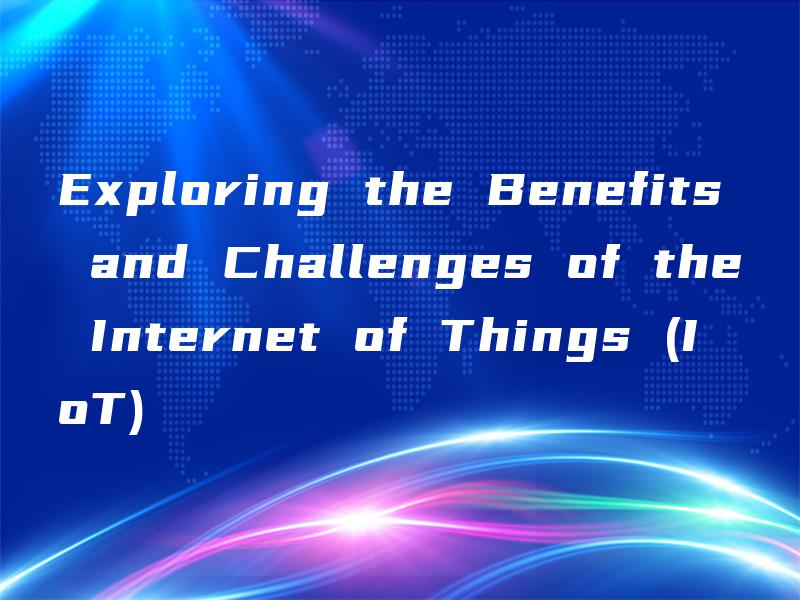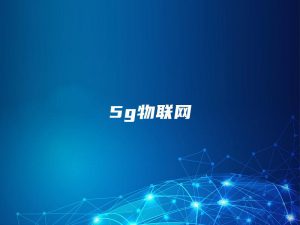
文章The Internet of Things (IoT) refers to the network of physical devices, vehicles, home appliances, and other items embedded with electronics, software, sensors, and connectivity which enable these objects to connect and exchange data. The concept of IoT has been around for several decades, but with the advancements in technology, it is becoming more widespread and powerful.
One of the primary benefits of IoT is the ability to gather data. With sensors embedded in devices, companies can collect vast amounts of information about how their products are being used, how often they need maintenance or repair, and even how they can improve their products to meet customer needs. This information can be analyzed and used to make more informed business decisions and improve customer experiences.
IoT also has the potential to revolutionize various industries, from healthcare to agriculture. In healthcare, IoT devices can be used to monitor patients remotely, track vital signs, and provide real-time data to healthcare professionals. In agriculture, farmers can use IoT devices to track weather patterns, soil moisture levels, and crop growth to optimize their farming practices.
However, the widespread adoption of IoT also raises concerns about privacy and security. With so much data being collected and shared, there is the risk of sensitive information being compromised. It is essential that companies and individuals take steps to protect their data and ensure that IoT devices are secure.
In conclusion, the Internet of Things is a rapidly growing and evolving field that has the potential to transform the way we live and work. While there are challenges that need to be addressed, the benefits of IoT are vast and exciting. As technology continues to advance, we can expect to see even more innovative applications of IoT in the future.









